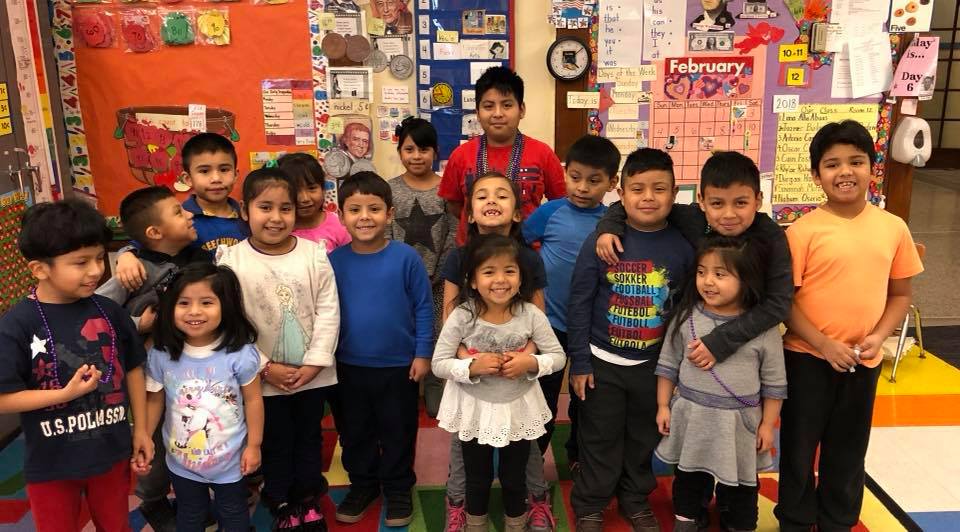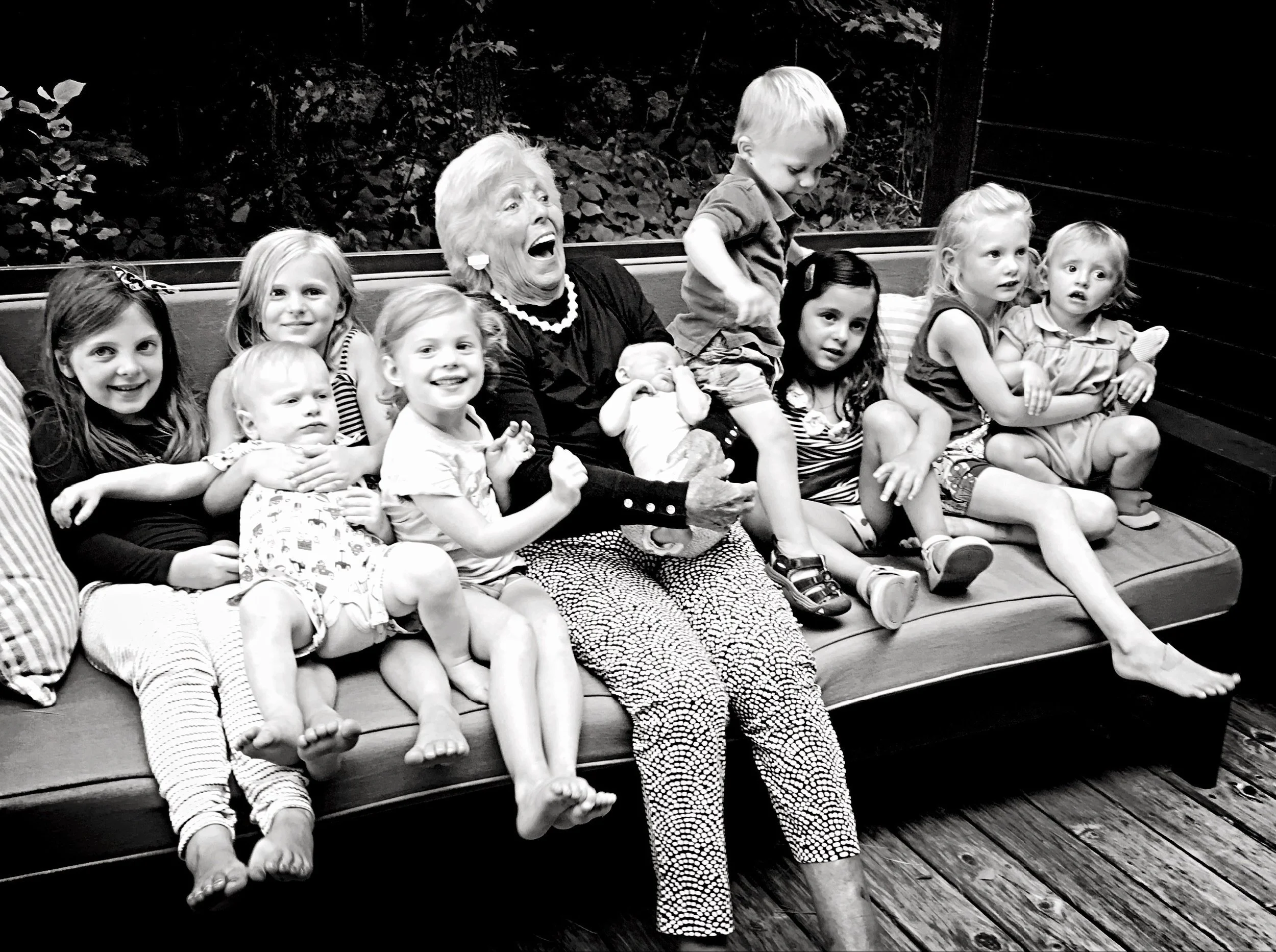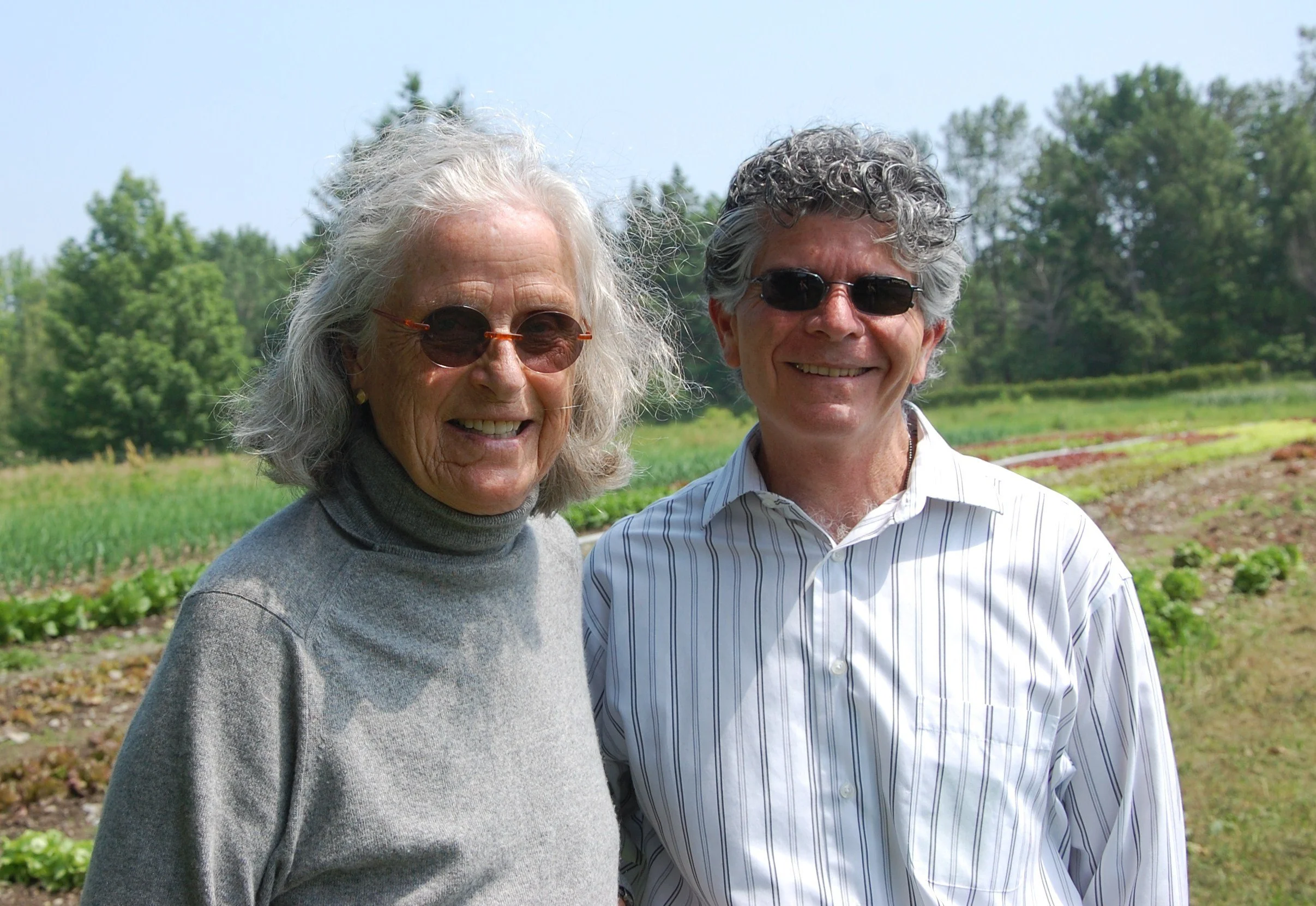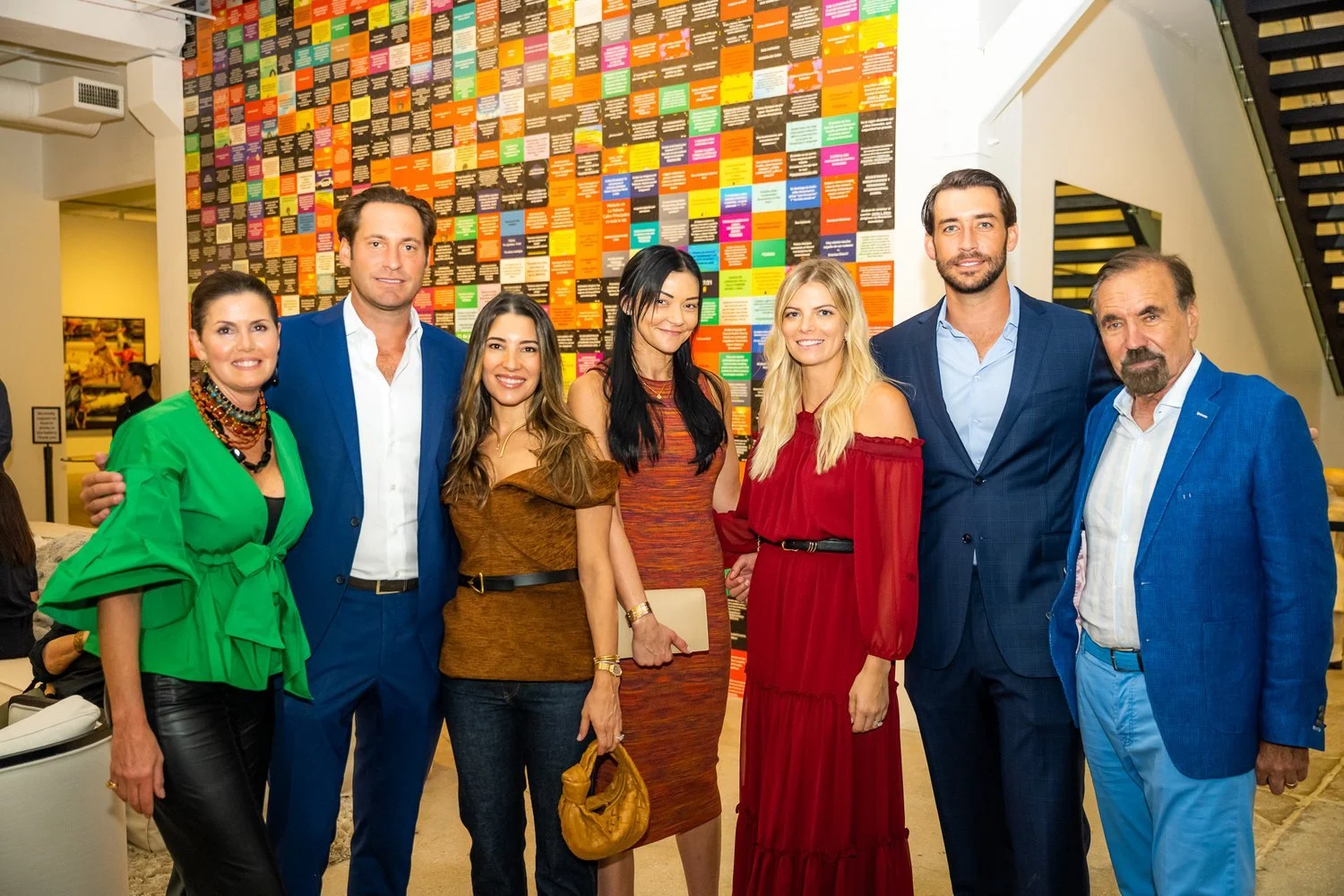“We Roll-Up Our Sleeves.” What a Hands-On Giver is Doing to Foster Human Kindness and More
/The Latino Community Center in Pittsburgh is one of the grantees of the Segal Family Foundation.
Evan J. Segal grew up in Pittsburgh, attended Taylor Allderdice High School, and earned his B.S. and MBA from Carnegie Mellon University. He’s currently president of Segal Ventures L.P., working as an angel/early seed investor. On the philanthropic front, he’s founder of Venture for America (VFA) Pittsburgh, one of several organizations with a more national or even international presence that Segal has helped bring to his native city. I recently connected with Segal to find out more about his work with VFA and through the Segal Family Foundation, whose goals is to support innovative approaches to human kindness and social justice.
Segal’s first lessons in philanthropy came from his late father, Jerome J. Segal, who steered Dormont Manufacturing Company. He was an ardent supporter of Israel and other Jewish causes, and also had a passion for art. “Probably the biggest thing was growing up in Pittsburgh and seeing from my father his philanthropic efforts in giving back in terms of his time and his money. This was really part of it.”
The Segal Family Foundation is driven by the Jewish charitable tradition of Tikkun Olam. Segal eventually took over Dormont and helped grow it into a global manufacturing business. When the company sold in 2006, Segal recalls being at a crossroads: “The question was, what do you want to do now? Try to build other companies, or give back?” On the civic front, Segal went on to work on the national finance committee for the Obama campaign, and later, as CFO at the United States Department of Agriculture (USDA) in the Obama administration.
More Than Writing Checks
On the philanthropic front, Evan Segal and his wife Tracy launched their family foundation in 2006, focusing on social justice and human kindness.
Segal explains that a hands-on approach is critical for him and Executive Director Marla Werner: “Both Marla and I do a lot of capacity and capability building for younger nonprofit startups, ones that have a great idea but that need support. And beyond writing a check, we roll up our sleeves. We help them with strategy work and might be on the founding board, or help them do a development plan. There’s a wide range of things we do. Combined with that, we’re always looking for collaborations with other foundations, as well as trying to get grantees to work together. It’s not just about working hard, but working smart.”
The Segal Foundation’s partners illustrate its painstaking approach. Consider its work with Venture for America, a two-year fellowship program for entrepreneurial recent college grads, which we recently reported. VFA particularly focuses on cities that have experienced brain drain, as workers move to the business hubs of the Bay Area or New York City.
While Segal talks about the active entrepreneur community in Pittsburgh centered on Google, Apple, Microsoft, and his own alma mater, he felt that this community wasn’t accessible to everyone. “It was essentially engaging white male and sometimes Asian programmers. Amy Nelson, CEO of VFA, has really focused on bringing women, people of color, and people who create opportunity to foster a more diverse entrepreneurial ecosystem.” Out of this, VFA Pittsburgh was born. Segal did a lead gift and worked with the Heinz Endowment, taking on a full-time director to boost this community.
And in terms of impact, Segal tells me about VFA alumnus Jordan Robarge, who launched Revival Chili, a food truck that hires people who deal with barriers to employment, such as homelessness, previous incarceration, and lack of experience. Jordan also recently opened up Nancy’s Diner in a predominantly black section of Pittsburgh to continue this work. In addition, Segal talked about two young Latino men who had offers on Wall Street, but remained in Pittsburgh, where they work and also volunteer at the Latino Community Center, one of the Segal Family Foundation’s grantees. “It’s great to hear these stories come together,” Segal adds.
Helping Kiva Expand
Apart from VFA Pittsburgh, Segal has also engaged in similar work with Kiva, a global nonprofit whose aim is to connect people through lending to alleviate poverty. Segal recalls that near the start of the decade, Kiva was looking to bring their successful overseas model to the United States. Segal reached out to founder and then-director of Kiva U.S., Jonny Price. He says, “I told Jonny, ‘I’m good at scaling and running a global business, in particular, scaling in America. I would be glad to help.’”
They did a local launch, but Segal was concerned about what happened once Kiva U.S. brass went back to their Bay Area headquarters. Ultimately, Segal proposed hiring a full-time staff person in Pittsburgh and agreed to pay for a pilot. He linked up with Carnegie Mellon and the Hillman Family Foundation and launched a pilot program that became Kiva’s model for the rest of their U.S. expansion, Segal says. “What I try to do is take the learning I have from business, from government, from the nonprofit world, to try to empower organizations,” Segal explains.
The Segals also work with the Jewish Community Center (JCC) Pittsburgh, including more recently with its Center for Loving Kindness, whose aim is to “redefine ‘neighbor’ from a geographic term to a moral concept.”
Speaking to the Segal Family Foundation’s own interest in human kindness, Segal says, “There’s so much value in respecting your neighbor, caring about people, and having a civil conversation. The Center created a network of clergy across six different religions, with some 150-200 different clergy, and started having convos about injustice—whether it’s food injustice, the criminal justice system, racial intolerance, and anti-Semitism. How do we have conversations about these issues and bridge the gap?”
It’s worth noting that last year’s Tree of Life Synagogue shooting still looms large in Pittsburgh, and Segal explains that the JCC itself was a ground zero for rescue and other vital services in the wake of the tragedy. To that end, the Segal Family Foundation also recently supported an exhibit of photos from Fred Rogers at JCC. “He was an amazing guy. There’s the caricature of him, but then the real him, who was a very quiet social protester.” Engaged in the civil rights and anti-war movements, Rogers was born in the Pittsburgh area, and passed away there. “A lot of staff are still dealing with PTSD and other trauma, and this exhibit creates an uplifting mood,” Segal says.
A Testing Ground for New Ideas
Earlier this year, the Segal Family Foundation tapped Marla Werner, a 20-year nonprofit veteran, to serve as executive director. Segal is particularly jazzed about her capacity-building: “She just led a board retreat for Latino Community Center to help them develop a strategic plan. And we’re able to leverage her being physically in Pittsburgh. I go back there for a week or so every quarter. Our daughters live in New York City, and my wife and I are just outside the city.”
Segal really sees this Pittsburgh-centric giving as a strength, and something that allows for innovation: “This is a great place to test and pilot programs. It’s a small enough city that you can, with not an incredible amount of money, really test things out and see if they work. And then, from there, you can think about scaling. Doing this in a bigger city would be more challenging.”
On their own, the Segals have no plans to scale their philanthropy nationally. Rather, collaboration is key. He tells me about one more organization they support called Grow Pittsburgh, which deals with urban farming and education in schools, and also provides food stamps in food deserts. The organization now works collaboratively with 412 Food Rescue, which has an app that allows a group of volunteers to deliver food to places in need. “They’ve rescued like 10 million pounds of food, and have leveraged technology to bring the food system to more people,” Segal adds.
If you’re looking to get a grant from the Segal Family Foundation, which has an accessible grant process, this is exactly the kind of collaborative work it is looking to fund. “I love these examples of organizations working together to solve food problems,” Segal says. “And 412 is a good example of an organization that can scale nationally if given the right support.”
Related: Venture for America: What Donors See in a Nonprofit That Backs Young Entrepreneurs

































